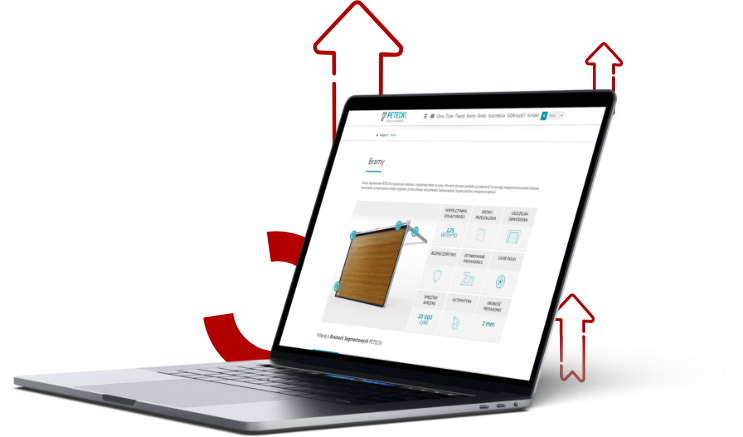Digital Transformation
Innovative Approach, Measurable Results
Discover new opportunities and the potential of technology with our expertise. We provide comprehensive support, professional solutions, and services that enhance both your organization's business processes and your brand's online presence. In the digital age, we offer tailor-made solutions to meet your specific needs.









